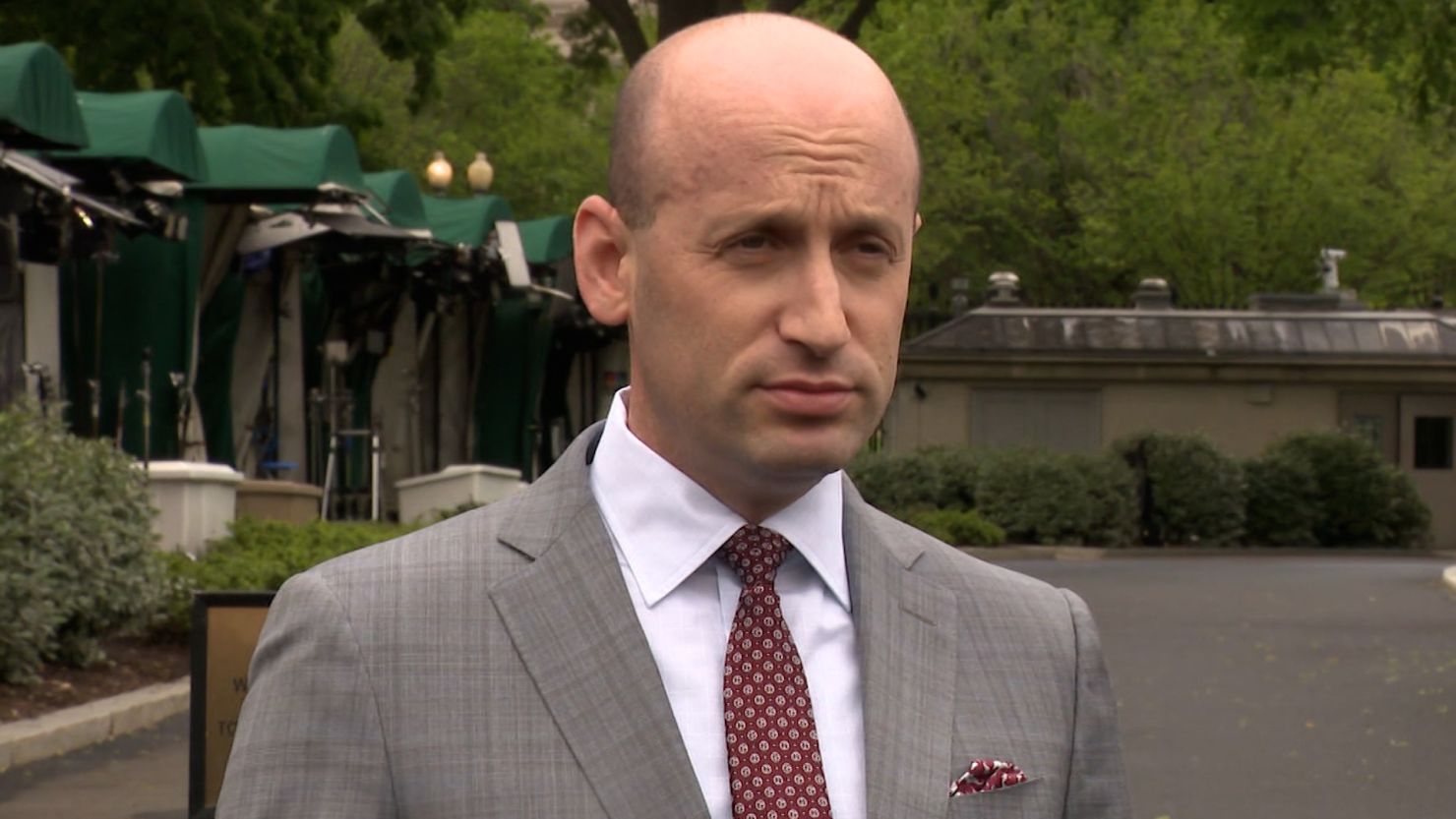Education
State Department Official Reveals White House Involvement in Visa Discussions

A senior official from the U.S. State Department testified in federal court that discussions about student visas involved more than a dozen meetings with the White House, including participation from Stephen Miller, who served as deputy chief of staff under President Donald Trump. The hearings, which form part of a two-week trial, focus on allegations by university professors that the administration’s actions to deport individuals over their anti-Israel views infringe upon protected political speech.
John Armstrong, the senior official in the Bureau of Consular Affairs, detailed how the State Department applied broad definitions of antisemitism when evaluating the speech and activities of non-citizen students and professors. This scrutiny was linked to efforts to remove individuals from the United States, including future visa revocations. Armstrong’s statements came during a trial that has drawn significant attention due to its implications for freedom of expression.
In his testimony, Armstrong recounted that action memos were drafted to revoke visas for several individuals as part of a campaign against antisemitism. He stated that the definitions used could encompass a range of expressions, including criticism of the Israeli government, calls for an arms embargo in the Gaza conflict, or advocacy for the cessation of U.S. military aid to Israel. “This is not a mundane thing,” Armstrong emphasized. “If we get this stuff wrong, we get 9/11. This is very serious stuff.”
The process for visa revocation involved coordination with the Department of Homeland Security (DHS). Armstrong explained that the State Department would send referrals to DHS for investigation. If deemed necessary, DHS would subsequently report back, potentially supporting visa revocation.
During the trial, Armstrong acknowledged the legal implications of the revocation orders, which were often based on the speech of the affected individuals. One notable case involved Rümeysa Öztürk, a doctoral student at Tufts University. Armstrong revealed that she was detained for several weeks after agents approached her near her home, citing her participation in an anti-Israel protest and a connection to a pro-Palestinian student group as reasons for her visa revocation.
The presiding federal judge, William Young, raised questions about First Amendment protections for non-citizens during the proceedings. He posited that lawful non-citizens likely possess similar rights to citizens, especially regarding freedom of speech. “We are talking about pure speech,” Young remarked, indicating that the legal landscape surrounding these issues is complex and significant.
Closing arguments in the trial are set to begin on March 4, 2024. The outcome could have far-reaching consequences for how the U.S. government approaches the intersection of immigration policy and political expression, particularly in the context of international relations and domestic discourse.
-

 Technology4 months ago
Technology4 months agoDiscover the Top 10 Calorie Counting Apps of 2025
-

 Health2 months ago
Health2 months agoBella Hadid Shares Health Update After Treatment for Lyme Disease
-

 Health3 months ago
Health3 months agoErin Bates Shares Recovery Update Following Sepsis Complications
-

 Technology3 weeks ago
Technology3 weeks agoDiscover 2025’s Top GPUs for Exceptional 4K Gaming Performance
-

 Technology2 months ago
Technology2 months agoElectric Moto Influencer Surronster Arrested in Tijuana
-

 Technology4 months ago
Technology4 months agoDiscover How to Reverse Image Search Using ChatGPT Effortlessly
-

 Technology4 months ago
Technology4 months agoMeta Initiates $60B AI Data Center Expansion, Starting in Ohio
-

 Technology4 months ago
Technology4 months agoRecovering a Suspended TikTok Account: A Step-by-Step Guide
-

 Health4 months ago
Health4 months agoTested: Rab Firewall Mountain Jacket Survives Harsh Conditions
-

 Lifestyle4 months ago
Lifestyle4 months agoBelton Family Reunites After Daughter Survives Hill Country Floods
-

 Technology3 months ago
Technology3 months agoUncovering the Top Five Most Challenging Motorcycles to Ride
-

 Technology4 weeks ago
Technology4 weeks agoDiscover the Best Wireless Earbuds for Every Lifestyle





















